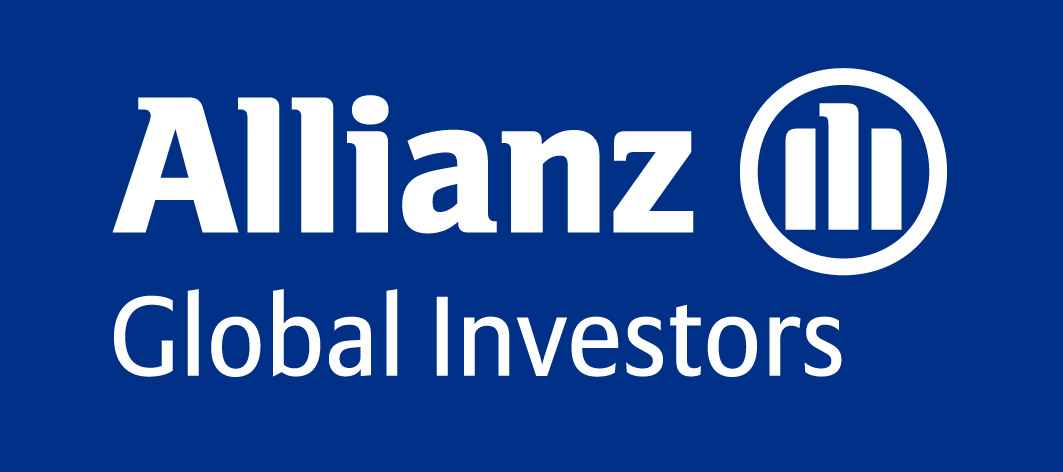 (Reuters) – A pledge by leaders of industrialized nations to help the troubled world economy is unlikely to herald quick new action by Europe on its debt crisis, meaning more uncertainty for nervous financial markets.
(Reuters) – A pledge by leaders of industrialized nations to help the troubled world economy is unlikely to herald quick new action by Europe on its debt crisis, meaning more uncertainty for nervous financial markets.
The Group of Eight economies stressed on Saturday that their “imperative is to promote growth and jobs”, as they also recognized problems among European banks and gave verbal backing for Greece to stay in the euro.
Still, despite U.S. calls for immediate moves to boost growth, no sign emerged that Germany would soften its stance on austerity as the cure for Europe’s debt problems.
With no consensus from Europe, markets will remain in a state of alert about the risk of a chaotic Greek exit from the euro, which would hit the region’s banking system and possibly the global economy.
“The market loves to hate the euro right now, and we expect continued pressure now that the chance of a Greek exit is high,” said Michael Woolfolk, senior currency strategist at BNY Mellon.
“The G8 is really powerless to stop this.”
Markets face an unsettling month before Greece holds fresh elections that parties opposed to its austere bailout package could win. If Greeks back pro-austerity parties on June 17, as some polls have suggested, some of the pressure could ease.
Last week, the U.S. stock market posted its worst weekly loss for the year and the S&P fell for a sixth straight session. The euro is close to its lowest levels of 2012.
European leaders on Wednesday will begin thrashing out ideas for boosting the region’s recession-threatened economy that are likely to be limited.
The most likely areas of agreement would give only a small boost to growth in Europe, including providing more money for the European Investment Bank and ways to make existing European Union funds for regional investment easier to access.
Another idea is to sell bonds to fund infrastructure. Germany says they should use only existing EU budget money.
New French President Francois Hollande, as if to underscore differences with German Chancellor Angela Merkel ahead of France’s parliamentary elections in June, said he would press his case to his fellow EU leaders on Wednesday for the sale of “euro bonds” backed by all the currency area’s 17 member states.
That idea remains a non-starter for Berlin, at least in the short term while government budgets are so weak.
WORDS ARE EASY, SOLUTIONS WILL HURT
Robert Tipp, chief investment strategist for Prudential Fixed Income, which has more than $330 billion in assets under management, said relief for markets would come only from Greece or new emergency measures by the European Central Bank to help euro zone states locked out of financial markets.
“Long-term growth-positive measures are not going to turn this around,” he said, referring to structural reforms such as to labor markets urged by some leaders in Europe.
Some investors say political leaders have yet to find the courage to make the kind of painful trade-offs needed to break the kind of impasse over austerity and growth seen in Europe.
“Talk is cheap. True reform, whether it assumes the shape of austerity or growth, will be expensive on both an emotional and financial level,” said Bonnie Baha, portfolio manager at DoubleLine, which has $34 billion in assets under management.
As markets worry increasingly about problems in European banks, the G8 leaders on Saturday hinted they were prepared to act if signs of financial stress grew.
Many Greek savers have withdrawn cash from accounts. Bad loans at Spanish banks are the highest in 18 years and the government is trying to reassure investors it can clean them up.
Last week, France’s Hollande suggested European bailout money be used to recapitalize banks in Spain.
Senior White House aide Mike Froman told reporters at the G8 summit that “there were a number of issues talked about with regard to stabilizing the situation in Europe, including situations in the financial system”.
Italian Prime Minister Mario Monti pressed G8 peers on Italy’s idea of establishing a pan-European fund to guarantee deposits in banks, a person familiar with the matter said.
But as with many other possible measures to address Europe’s problems, such a plan would face stiff opposition from Germany, and officials said it was not discussed formally by the leaders.
A German official said Berlin also remains opposed to changing the rules of Europe’s bailout fund so it could lend directly to banks, rather than to countries, which would push up their budget deficits and invite more punishment from markets.
For some U.S. analysts, the prospect that Greece could leave the euro zone is bringing back painful memories of how hard it is to stop shocks from spreading in the banking sector.
“I think privately within the corridors of power from Washington, Brussels to Berlin, it is acknowledged that there (are) insufficient firewalls available to withstand a Greek euro exit,” said Lawrence McDonald, president of McDonald Advisory Group.



